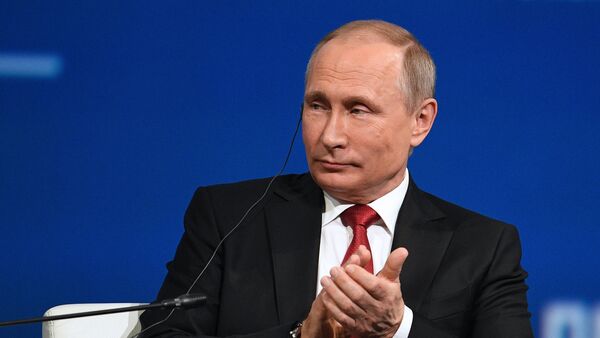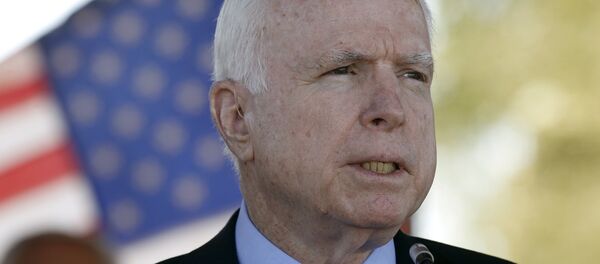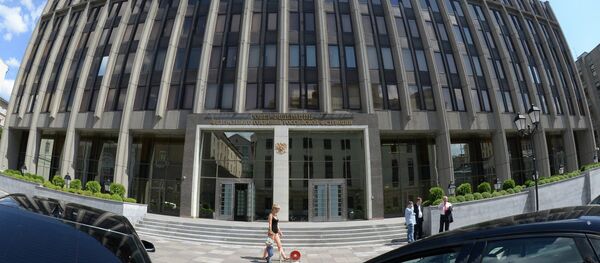"If the purpose of sanctions is to reduce the Russian economy to tatters and lead to a rebellion of elites against Putin, then they have not only failed but backfired," University of Rhode Island Professor of Peace Studies and Non-Violence Nicolai Petro said.
The Russian president has never been more popular or more in control, Petro observed.
"If the purpose of sanctions is to alter the policies of the Russian government, then they have failed… because, thanks to sanctions, he [Putin] is easily able to deflect criticism of his policies," he said.
If sanctions have failed to achieve their stated objectives, then it is irrational to expect that expanding them will magically lead to success, Petro pointed out.
"Such an irrational belief suggests that the US has no strategy with respect to Russia, and is incapable of developing one that is not rooted in the Cold War," he said.
Many scholars had concluded that economic sanctions were often imposed only because governments hoped they could pretend to their domestic audiences that they were ‘doing something,’ Petro noted.
"Whether or not they actually accomplish their objectives is simply irrelevant," he said.
US policymakers now ran the risk that other countries would step into profitable niches in doing business with Russia that US companies were being forced to abandon, retired Brown University Assistant Professor of Economics Barry Friedman said.
"One possible concern about a single country increasing sanctions is that other countries and companies within those countries will find it more and more profitable to step into the gap," he said.
To make proposed expanded sanctions against Russia effective, the United States would have to get other major nations to apply them too, Friedman pointed out.
"Is there a common vision and commitment strong enough to hold a very broad coalition together over the future in Ukraine and Syria?" Friedman asked.
Friedman also questioned whether moves by the US Senate to impose new sanctions could succeed without enjoying the full executive support of President Donald Trump, who has made no statement in support of imposing additional sanctions.
"If US financial institutions are not involved, how is Treasury going to get cooperation from other country authorities to ‘target’ transfers between non-US entities?" Friedman also asked.
On Thursday, Senate Committee on Banking, Housing and Urban Affairs Chairman Mike Crapo and ranking member Sherrod Brown announced a bipartisan agreement on legislation to strengthen and expand current US sanctions on Russia.



